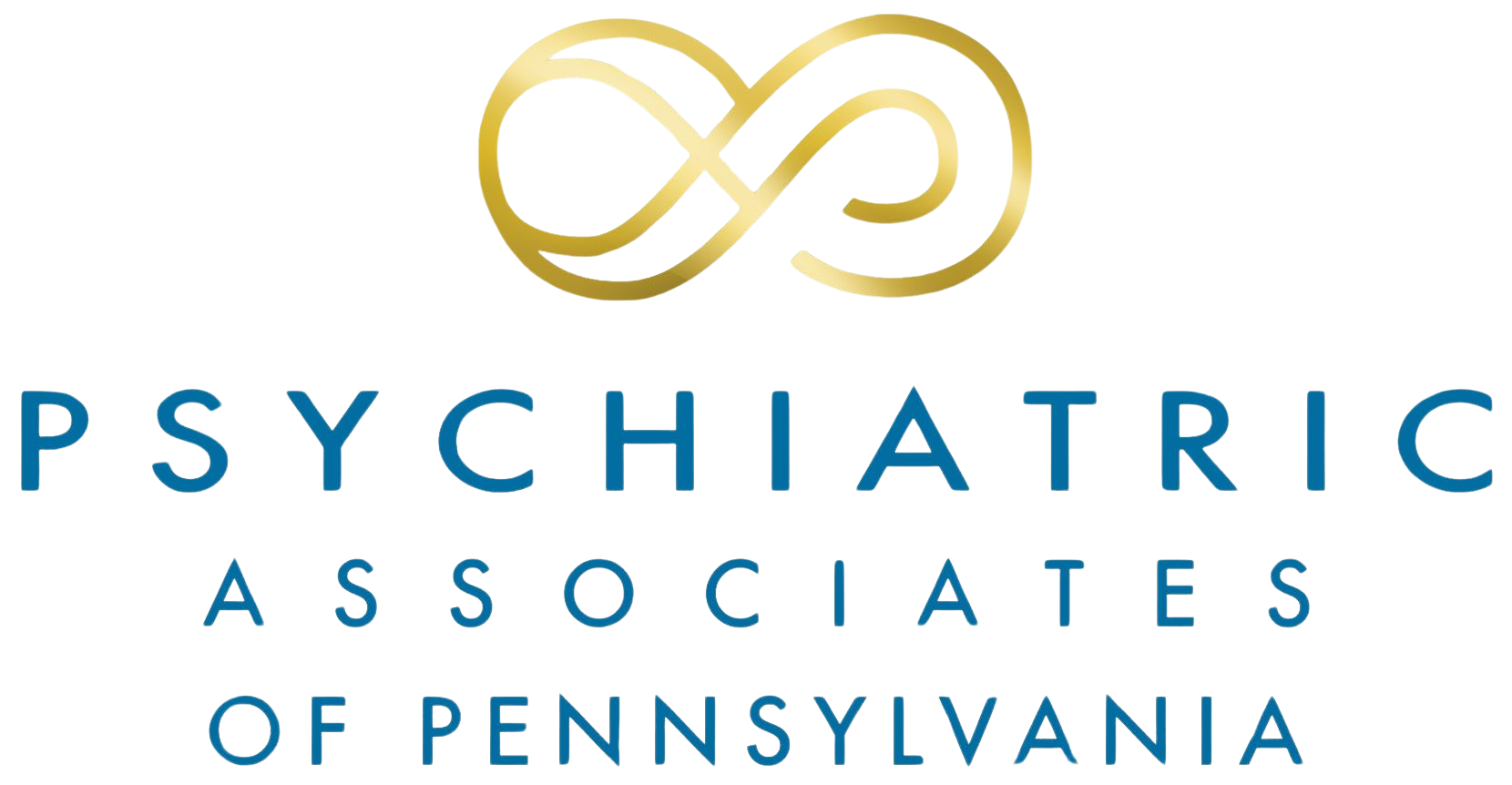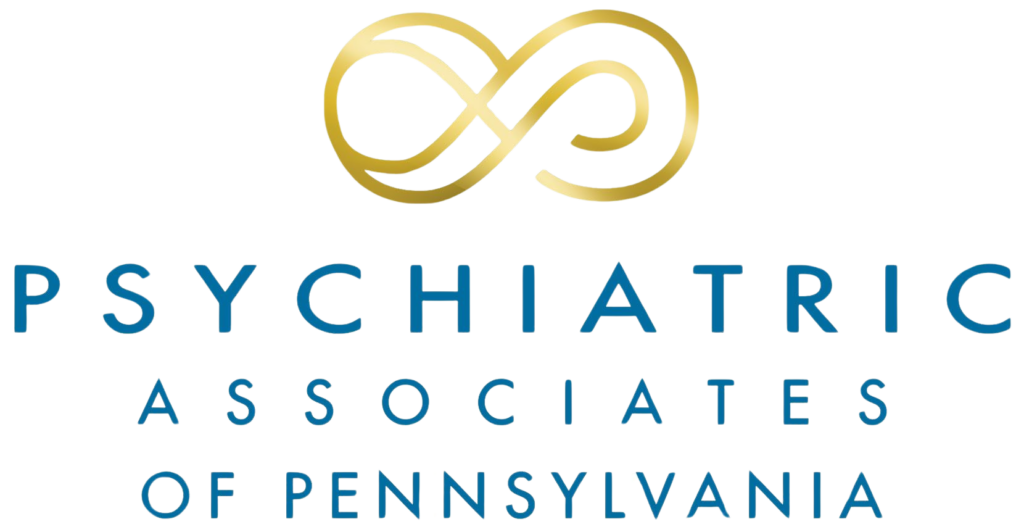Suffering through trauma once is hard enough; with Post-Traumatic Stress Disorder, the trauma is reexperienced repeatedly, over and over again. This can lead to severe depression and anxiety and can even lead to substance use. Treating PTSD is not easy, but it can be done. We are here to help.
If you have experienced a significant trauma in your life that you are having a hard time dealing with or moving past, you may be suffering from Post-Traumatic Stress Disorder (PTSD). When we experience a life-threatening event, our brains and bodies may hold onto those intense memories and feelings of the trauma as a way of protecting ourselves from physically experiencing the same situation again. However, in PTSD, those intense memories may become intrusive in our daily lives leading to frequent anxiety, panic, and depression. While for some, traumatic memories may be manageable, for others, PTSD can be incredibly debilitating. In addition, untreated PTSD significantly increases one’s risk for major depression, anxiety, substance use, and variety of other mental health conditions.
Treating PTSD can be incredibly challenging because of the intense emotional reactions that surface whenever the trauma is discussed. Because of this, unique approaches are often needed. At Psychiatric Associates of Pennsylvania offer a comprehensive trauma program designed to facilitate this process. We use the most advanced, evidenced based approaches including EMDR (Eye-Movement Desensitization and Reprocessing), Mindfulness-Based Cognitive Therapy, Transcranial Magnetic Stimulation, and aggressive medication management when appropriate.
PTSD is a clinical diagnosis that involved a detailed mental health intake. Several criteria must be met to diagnose PTSD. In addition to having experienced, either directly or indirectly, a trauma, the following clinical symptoms must be present:
- Intrusive Memories which can include
- Recurrent, unwanted distressing memories of the event
- Reliving the trauma as if it were happening again (flashbacks)
- Upsetting dreams or nightmares of the trauma
- Severe emotional distress or physical reaction to reminders of the trauma
- Avoidance symptoms which can include
- Trying to avoid talking or thinking about the trauma
- Avoiding places, activities, or people that remind you of the trauma
- Negative changes in thinking or mood which can include:
- Negative thoughts about yourself, other people, or the world
- Hopelessness about the future
- Memory problems, including not remembering details of the trauma
- Difficulty maintaining close relationships
- Feeling detached from family and friends
- Lack of interest in activities you once enjoyed
- Difficulty experiencing positive emotions
- Feeling emotionally numb
- Changes in physical and emotional reactions which can include
- Being easily startled or frightened
- Always being on guard for danger
- Self-destructive behavior, including drugs and alcohol
- Trouble sleeping
- Trouble concentrating
- Irritability, angry outbursts, or aggressive behavior
- Overwhelming shame or guilt
Treating PTSD is challenging process, but it can be done. Perhaps one of the most critical first steps in treating PTSD is the establishment of trust. We understand how difficult it is to live with trauma and how challenging it can be just reaching out for help. Just the idea of talking about the trauma can feel like you might explode from the emotional intensity. Before you will be able to fully begin working with us, you must trust that we are here to help, that we will be your guide through the process, and that we will protect you as you go through this journey. Once trust is established, there are various techniques that can be used to treat PTSD. Most methods involve some form of memory re-processing designed to essentially “disconnect” the intense emotional fear from the memory of the event in question. For many, medications may be necessary to help facilitate this process. In more advanced cases treatments such as Transcranial Magnetic Stimulation can also be effective in treating PTSD in conjunction with therapy.


